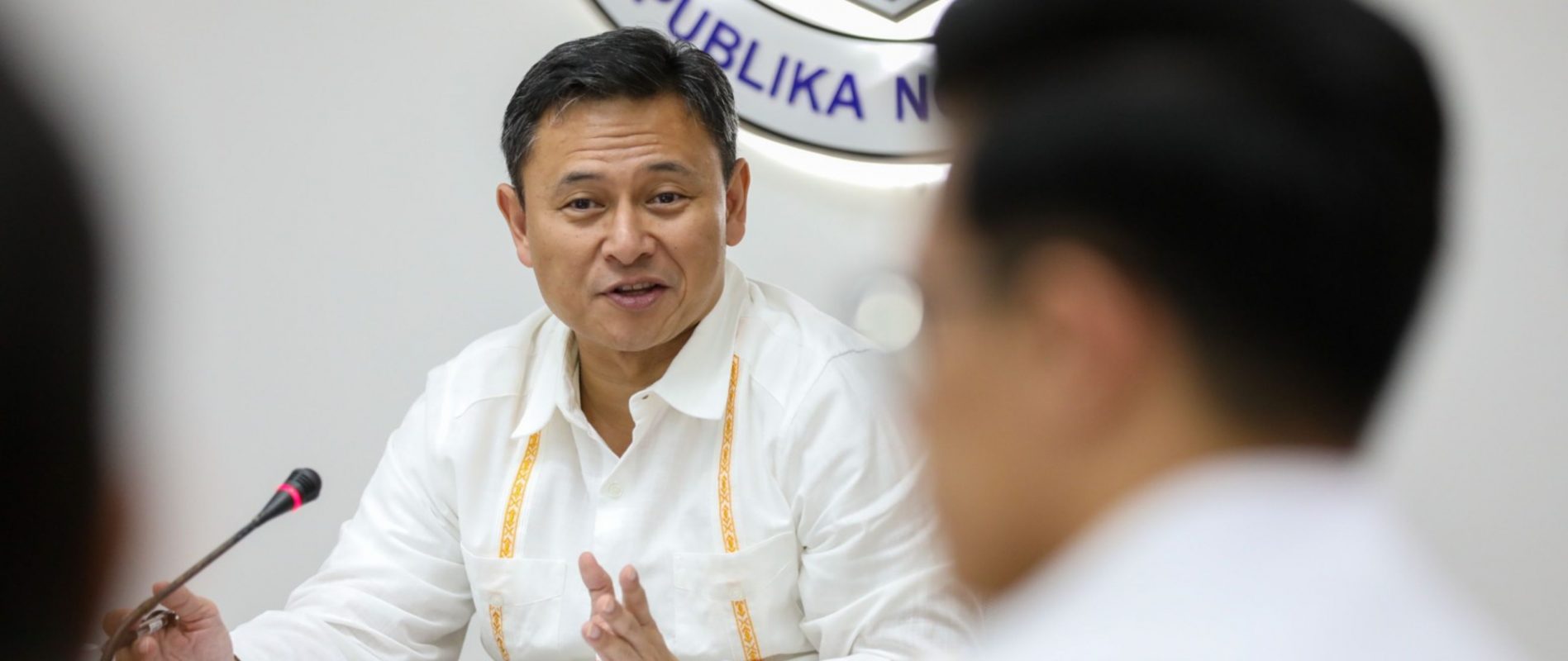LAWMAKER PUSHES REFORMS TO STRENGTHEN GOVERNANCE, AUTONOMY OF SUCs
SENATOR Loren Legarda has filed a measure seeking to amend Republic Act No. 8292, or the Higher Education Modernization Act of 1997, to modernize the governance of State Universities and Colleges (SUCs), clarify the role of the Commission on Higher Education (CHED), and grant differentiated levels of autonomy to high-performing institutions.
In her explanatory note on Senate Bill No. 1414, Legarda said that while RA 8292 has guided SUC administration for nearly three decades, issues of overregulation, governance bottlenecks, and administrative overload on CHED have emerged.
The proposed amendments, she added, aim to strike a better balance between national oversight and institutional self-governance.
“The measure seeks to strengthen the capacity of SUC Governing Boards to make timely, locally responsive decisions, while allowing CHED to focus on standards-setting, performance monitoring, and system-wide reforms,” Legarda explained.
A central feature of the bill is differentiated autonomy, a framework that allows top-performing SUCs greater self-governance over academic, fiscal, and administrative matters.
SUCs that consistently meet national standards on quality and accountability will enjoy streamlined approvals from CHED, enabling them to design programs and policies that better respond to regional and industry needs.
Under the bill, CHED’s role is clarified to focus on national policy direction, outcome monitoring, and alignment of higher education standards, while SUC Governing Boards will exercise broader authority over institutional management.
The composition of SUC boards will also be revised to include the CHED chairperson as board chair, the SUC president as vice chair, and representatives from Congress, relevant government agencies, faculty, students, alumni, and the private sector.
Members will be required to undergo certification training in higher education governance to ensure professional and effective board performance.
Legarda’s proposal extends the term of office of SUC presidents from four to six years, renewable once, subject to performance evaluation. It also introduces clear academic qualifications for university leaders, requiring presidents to hold at least a master’s degree and vice presidents to possess relevant doctoral degrees.
To ensure leadership continuity, the measure creates the Philippine Higher Education Academy under the Development Academy of the Philippines. The new body will provide training and succession planning for future SUC leaders, further professionalizing governance in the higher education sector.
The bill reaffirms the autonomy of national universities and SUCs with special charters, such as the University of the Philippines, while harmonizing their governance standards with CHED’s national framework.
It also includes safeguards that nullify any SUC board resolution inconsistent with national laws or executive issuances.
Legarda said the proposed amendments aim to modernize public higher education governance, promote institutional excellence, and ensure that SUCs remain responsive to the country’s development goals.














